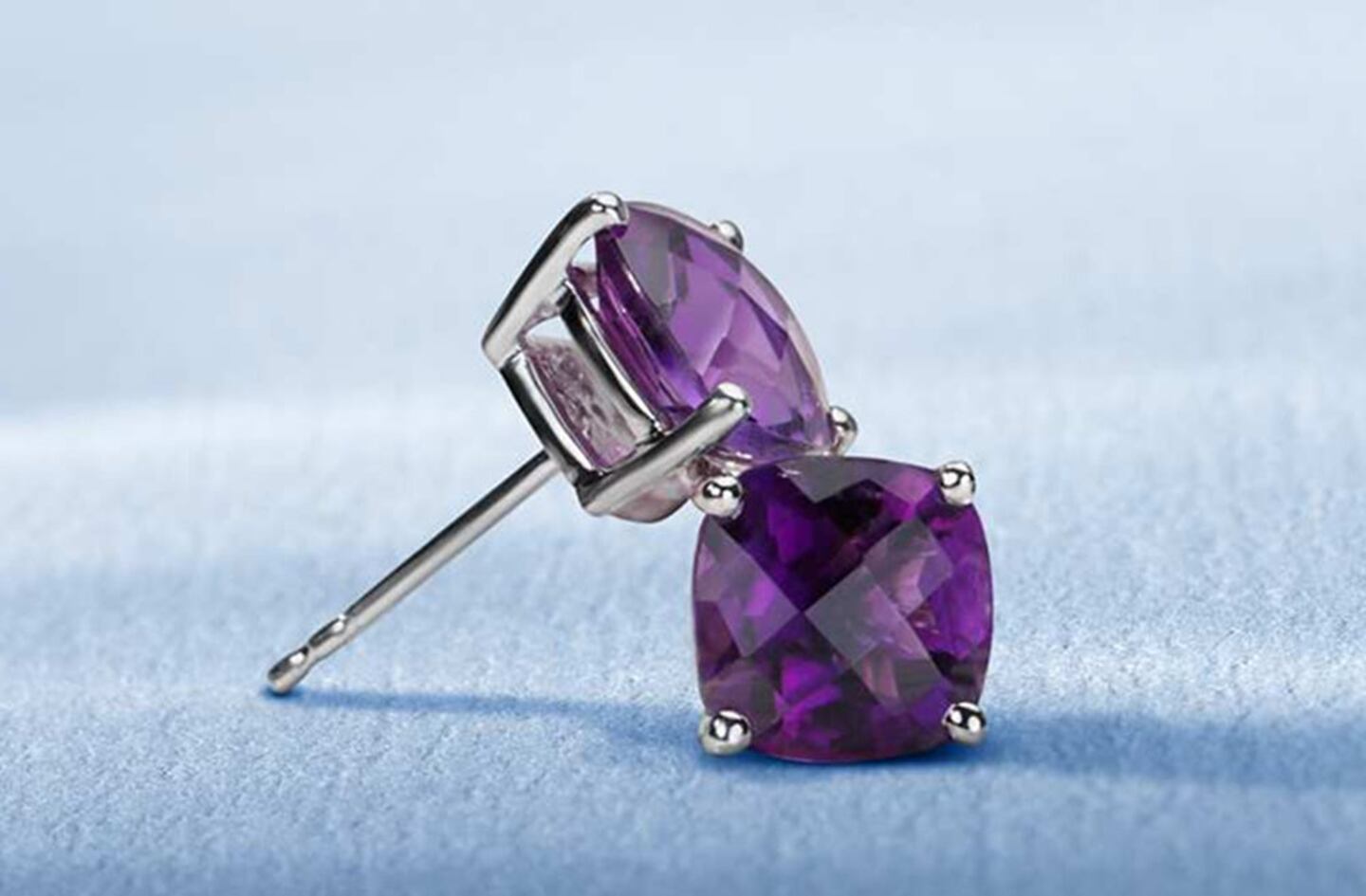
The Business of Fashion
Agenda-setting intelligence, analysis and advice for the global fashion community.

Agenda-setting intelligence, analysis and advice for the global fashion community.

SEATTLE, United States — Diamond rings on display at Nordstrom's flagship Seattle store are not for sale. Shoppers can try them on, inspect the gems' quality up close, but to buy them requires a visit to Blue Nile's website.
The arrangement is a departure of sorts for Blue Nile Inc, the company that pioneered the sale of jewellery online at steep discounts. It is the first time the company has turned to brick and mortar in its 15-year history, showcasing products in two Nordstrom stores.
To be sure, the move is not a dramatic shift — it is an extended test to attract new customers to its site. But it comes at a time when most national chains have established Web identities, eroding some of Blue Nile's allure and leaving it without the benefits of a chain of physical stores.
"Now everyone is online," said Morningstar analyst Paul Swinand, shortly after dropping coverage of Blue Nile in June because his clients lacked interest. "What they do is less unique."
ADVERTISEMENT
Lack of Name Recognition
Analysts believe the company may have a place in the more crowded field, especially thanks to rapidly growing sales in China. But they say it must spend more to build its brand in the United States and more effectively compete with big national jewellery chains and the likes of Amazon.com.
"People recognise Kay Jewellers. People recognise Jared more than they recognise Blue Nile," said Stephens Inc analyst Rick Patel, referring to two of the biggest US brands. "That's not a very easy situation to tackle."
Blue Nile, which reports results next week, lets shoppers research diamonds and customise jewellery online. Prices are 20 percent to 40 percent below diamonds sold in stores thanks to low overhead costs.
Yet Blue Nile's stock has dropped more than 44 percent this year, in part because of increasing competition from Signet Jewellers Ltd, the parent of Kay, Jared and other brands. By contrast, Signet stock has risen about 32 percent, buoyed by an agreement in February to buy Zale Corp.
E-commerce has become increasingly important, accounting for 6.2 percent of total US retail sales last quarter.
Web-Savvy Shoppers
Blue Nile is confident it can grab a piece of the action, especially among web-savvy shoppers who are coming of age. According to a survey of 14,000 brides and grooms by TheKnot.com, Blue Nile sold far more engagement rings than even Amazon.com.
ADVERTISEMENT
There is plenty of room for growth in the highly fragmented industry, as no single jeweller controlled more than a 6 percent share of US sales in 2012, according to Euromonitor International's most recent data. The US jewellery business has rebounded to $59.1 billion since the recession, and Euromonitor estimates it will grow another 14 percent by 2018.
Higher diamond costs were the main factor behind the stock's slide this year, Blue Nile chief financial officer David Binder said. Other retailers keep large inventories of diamonds, shielding them from wholesale price increases.
Yet Blue Nile cut its prices in 2012 and gradually increased its marketing budget, reaching $450 million in sales last year. But Signet's e-commerce sales grew more than twice as fast to $164 million.
Blue Nile's net income last year was $10.9 million, a fraction of Signet's $368 million.
Blue Nile's Nordstrom presence — it is active in Seattle since late November 2013 and at the department store's Garden City, New York, location since February — could help it address what some analysts say is a lack of visibility compared with brick and mortar retailers.
The company will not say yet how much new traffic the showcases have generated, but chief executive officer Harvey Kanter has said he was encouraged by the results.
Still, Patel says the initiative is not enough to compete with Signet's television ads.
Binder defends Blue Nile's approach, saying Google and Facebook ads target prospective buyers more effectively than TV commercials.
ADVERTISEMENT
Even if the US market proves to be a tough slog, Blue Nile has room to expand aggressively in China, analysts say. The company recently opened a second office in Shanghai and started hiring more Chinese-speaking sales representatives.
"We think that over time, the brand builds with incremental sales, incremental customers, and with referral," Binder said, noting that the company was only founded in 1999. "We'll get there."
By Jeffrey Dastin; editors: Frank McGurty, Nick Zieminski.
Successful social media acquisitions require keeping both talent and technology in place. Neither is likely to happen in a deal for the Chinese app, writes Dave Lee.
TikTok’s first time sponsoring the glitzy event comes just as the US effectively deemed the company a national security threat under its current ownership, raising complications for Condé Nast and the gala’s other organisers.
BoF Careers provides essential sector insights for fashion's technology and e-commerce professionals this month, to help you decode fashion’s commercial and creative landscape.
The algorithms TikTok relies on for its operations are deemed core to ByteDance overall operations, which would make a sale of the app with algorithms highly unlikely.